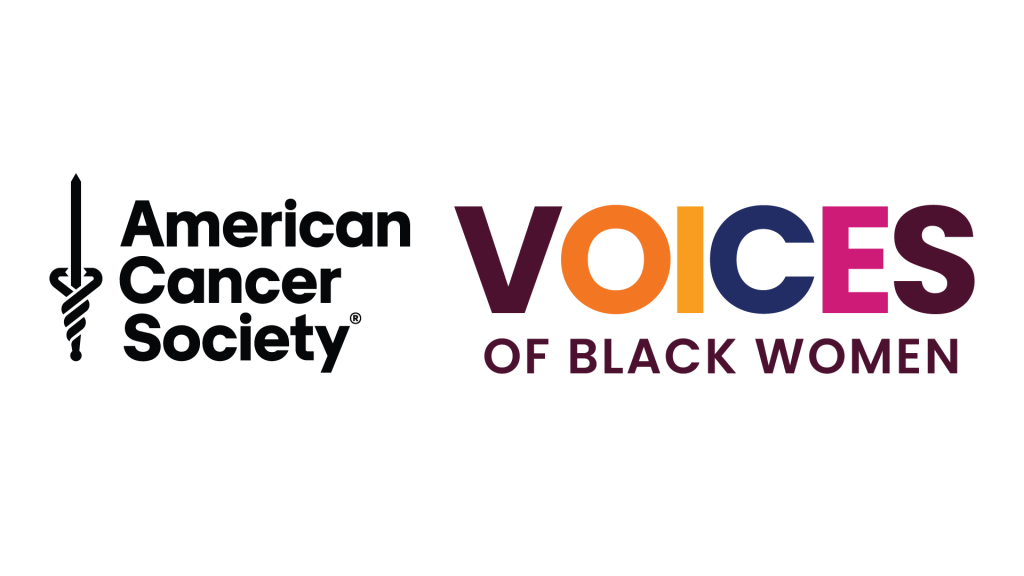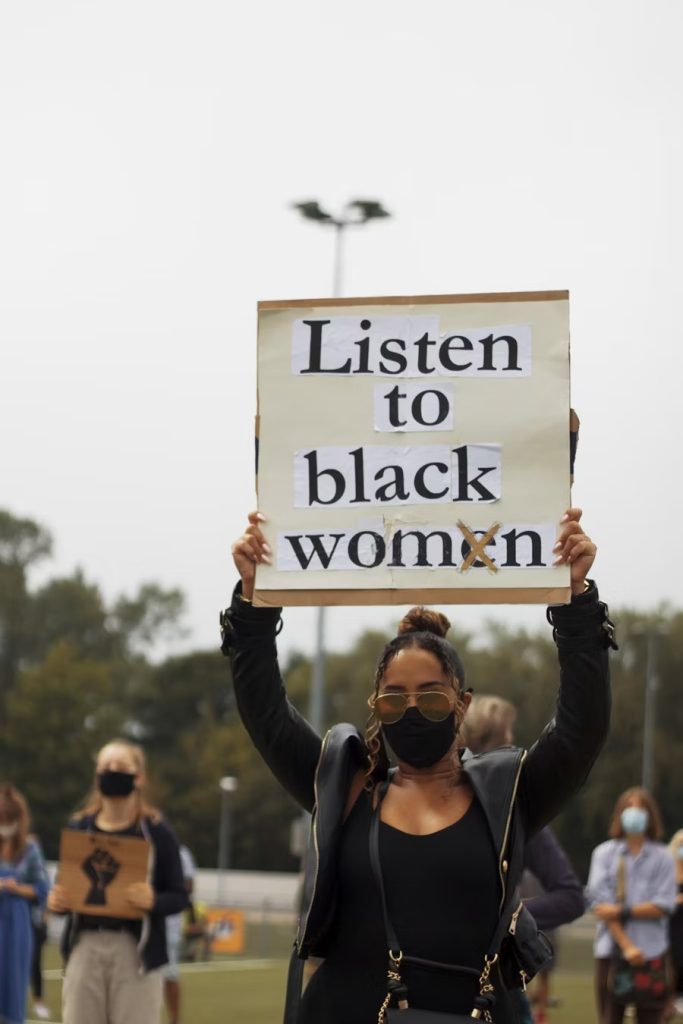Part 2: Tackling Cancer in Harlem
By Sebastian Castro
Black women face a 40% higher breast cancer mortality rate and a 12% higher overall cancer mortality rate than white women, according to the American Cancer Society. Two cancer survivors talked about their experiences, and resources available to women of color.
Deanna Jean, born and raised in Brooklyn, is a mother of three, an entrepreneur, a military wife, and a breast cancer survivor. She was pregnant at the time of diagnosis.
Jean is now a VOICES ambassador, a support group affiliated with the American Cancer Society. They aim to provide Black women with information and support to better deal with cancer diagnoses, but, according to Jean, a lot of their work is preventative.
“The goal of the organization is to connect with as many young Black women as possible who have not yet been diagnosed with any type of cancer,” Jean said. “I want to make sure that we get as many Black women as possible access to these types of resources.”
Jean reflected on her own cancer experience, and the barriers she faced to even get a diagnosis. Her doctor refused to scan her, forcing her to go back as many as six times to get properly evaluated. She understands why Black women might hesitate to seek medical help.
“If you’re embarrassed by having to ask questions, that means you need to work with a different provider,” Jean said. “That will be the difference between life and death.”
Jean stressed the importance of going to the doctor and getting checked regularly.
“One thing that was most critical in that positive outcome was early detection and early intervention,” Jean said. “Get over that momentary uncomfortable position and feeling; it will last for a very finite amount of time.”
Jean has been in remission for eight years now but admitted that the road was not easy. She recalled that first “moment of shock, disbelief, frustration, anger,” but emphasized having to spring “immediately into action.”
“It’s not a linear experience,” Jean said.
Jean encouraged Black women facing a similar situation to find strength in their family and friends.
“Build a support system around you, lean into the people that love you and to the people who will be there for you, because it’ll be a very emotional time,” Jean said. “It’s important.”
Jean acknowledged the financial burden that cancer can take on a family. She was covered by her husband’s military insurance, but was often shocked to find how expensive her bills were.
“It was criminal that someone who does not have the same resources that we have… would have to actually deal with the financial strain of looking at that number and having to make really difficult decision,” Jean said. “The cost can kill you before the disease does.”
When asked what would most help Black women dealing with cancer, Jean had an answer ready.
“Make it easier for Black women and women in general to be heard and to be valued and to be respected around their thoughts and their ideas and their own health. Allow women to have more agency over what happens with their bodies. Believe women when they tell you things about their bodies and how they feel. Create relationships and create safe spaces for women to feel comfortable enough to share uncomfortable things,” Jean said.

Desiree Walker is a cancer survivor and member of Harlem SHARE, a support group for women with cancer. The group was started 13 years ago, as a result of Walker’s outreach in the AA community. As she educated members on breast and ovarian cancer, women would often ask her for support group resources. Realizing there were none, Harlem Share was born.
“The mission is not only trying to create a space for these women to convene, but also to create community so that individuals can support each other,” Walker said. “People have been able to make connections in their respective communities but also built bonds with individuals around the country and the world as well.”
Walker discussed the ways societal expectations of Black women can often force them into the role of protector or provider, making it difficult to lean on their loved ones for support.
“They don’t often focus on their own health… always being the glue, the pillar in families, in communities,” Walker said. “Now having the need to say I need help, or to know how to ask for help, is also a challenge.”
Walker echoed Jean’s sentiments when it came to monetary challenges.
“Financial toxicity is real. The reality is that most individuals struggle, not only from the copay,” Walker said. “The reality is it puts you on pause.”
Walker talked about not only the obvious costs of doctor’s visits, but the compounding costs of travel to and from the doctor, how income is affected, having to invest time and money into new diets, better fitness, etc.
Despite it all, Walker insisted that loved ones are a woman’s best support system.
“Normally, we’re givers, and we’re not necessarily receivers,” Walker said. “Cancer is a journey that shouldn’t be walked alone.

